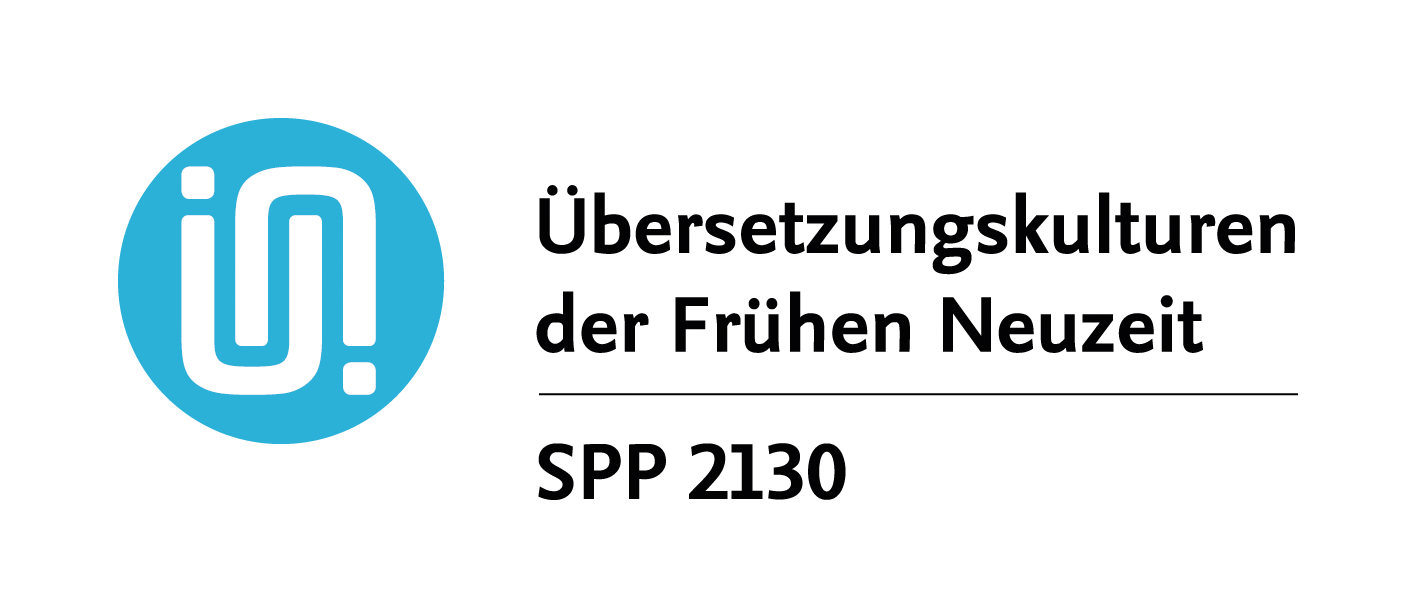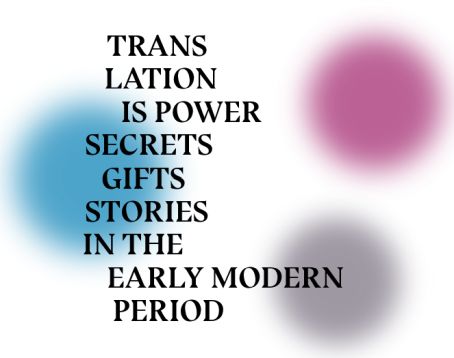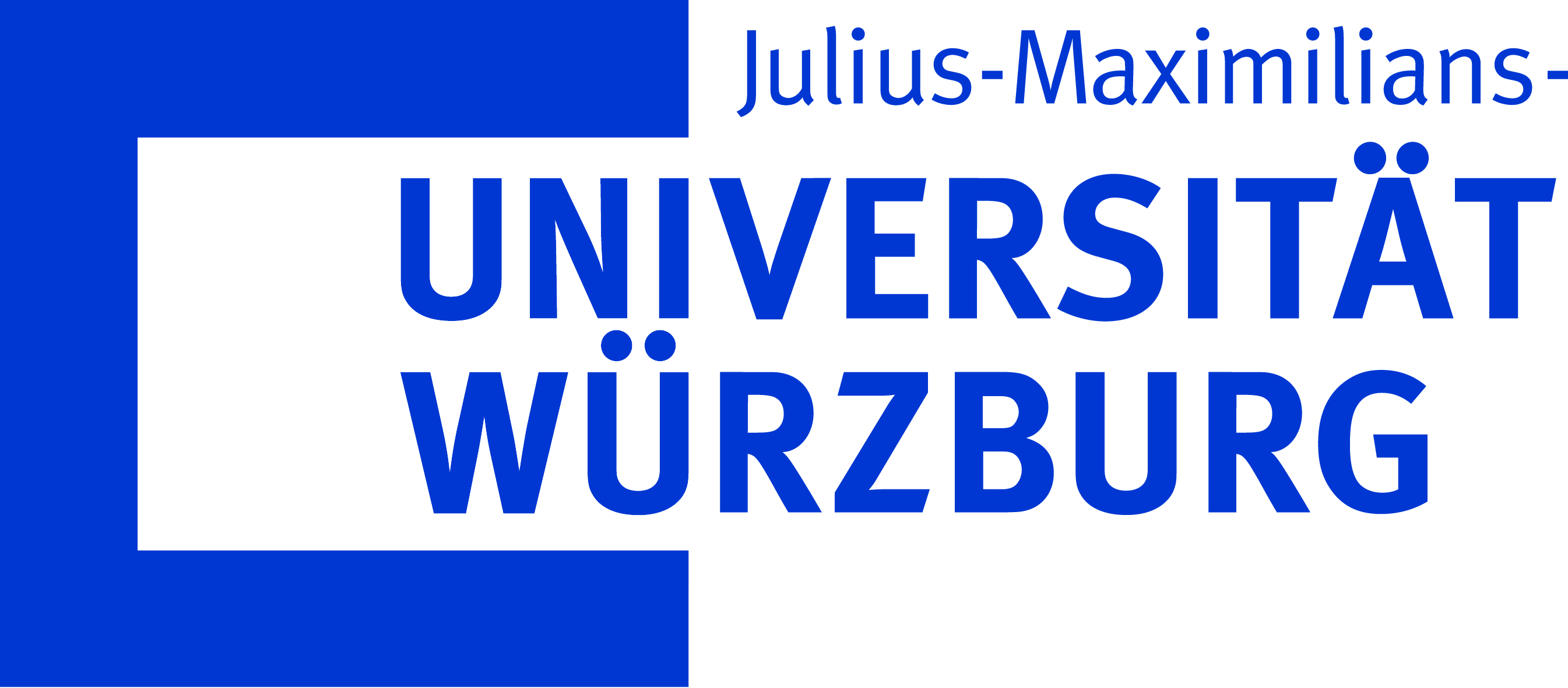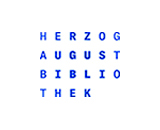“Kapselwurf”
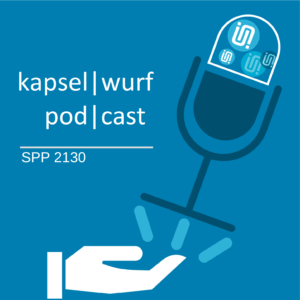
Translation as a universal phenomenon
In our society, people receive a wide range of media such as literature, movies, TV series or videogames, all of which may come from different times, different regions and different cultures. These media are presented in languages which are just as diverse. By translating them, they can be made accessible for a large number of recipients.
For most recipients of those translations, a better understanding of their corresponding sources may likely be the primary purpose. However, the translation process itself, as well as the people involved in it, often stay in the background.
Our intentions and aims
In our podcast, we want to show what kinds of challenges, difficulties or problems can occur during the process of translation: What counts as a translation, what does not? What concepts and principles determine our common understanding of ‘translation’? And what do we consider a ‘good’ translation?
Regarding the question of a ‘good’ translation, it might be particularly interesting to look at the issue from the opposite perspective and, in turn, ask when a translation is considered ‘bad’ – and also what might cause this. For instance, the term podcast is composed of two individual words, which can each be separately translated into German. However, this direct translation, Kapselwurf, would not be considered adequate – more so if it is translated back into English, which might allow for the term capsule launch – a term that got, indeed, lost in translation. Showing how exactly this comes about in the process of translation is what we will be trying to discuss in our project.
Advantages of a podcast
Broadcasting contents via a podcast offers a lot of advantages: it can be published digitally so that it can be received on a wide range of devices, making it accessible for any interested audience at any place and at any time. A podcast also allows us to share knowledge and opinions easily, in an uncomplicated and entertaining way, inviting the audience to bring in and reflect their own points of view.
Jennifer Hagedorn, Research Assitant of the project ‘Translational anthropology’
Malte Kneifel, Research Assitant of the project ‘Colonial translation practices’
Irina Saladin, Research Assitant of the project ‘Armchair Geographers’
Raphael Sackmann, Research Assitant of the project ‘Translating into welsh’
